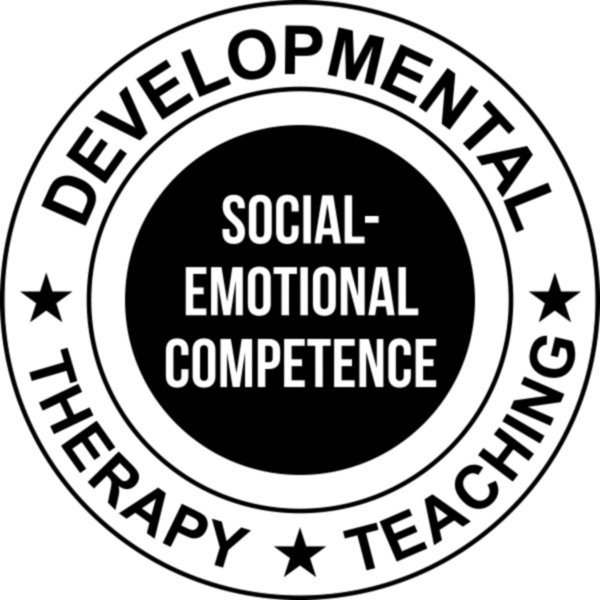DTT Standards
DTT Standards: DTT Meets National Standards to Improve Instruction
Assessments
DTT standards for social, emotional, and behavioral competence of students, identified from research and theory about healthy personality development, produce increasingly responsible behavior at school and at home.
Key DTT indicators are aligned with benchmarks to the general education curriculum.
Specified instructional practices for teachers and paraprofessionals are directly linked to student needs for developmental competencies in Behavior, Communication, Socialization, and Cognition.
Instruction
Sequentially planned academic lessons and other learning activities are matched to student’s current learning objectives and capacity to achieve success.
Learning materials are selected to challenge students to increased levels of competence.
Flexible scheduling and timely adjustments in individual student programs are assessment-based.
Motivating curriculum content is selected for relevance to students’ experiences and development.
Instruction and behavior management strategies are matched to students’ developmental and learning objectives.
Student Learning
Students with Gain in expected standards for social, emotional, and behavioral competence, with increased participation, personal responsibility, and academic achievement.
Accountability
Response to DTT interventions is measured by multiple accountability systems:
Students demonstrate adequate yearly progress (AYP) in social, emotional, behavioral, and learning competencies specified for their individual stage of development (DTORF-R GroupProgress Forms).
Teachers demonstrate specific proficiency levels in using the practices indicated by the assessment of students’ developmental needs (teachers’ DTRITS proficiency scores).
Schools demonstrate that teachers and students have the necessary administrative support for student progress. (Administrative Support Checklist)
School systems assess indicators of a mentally healthy school environment such as reduced disciplinary actions, increased attendance, and improved achievement (DTORF0R Group Progress Forms).
